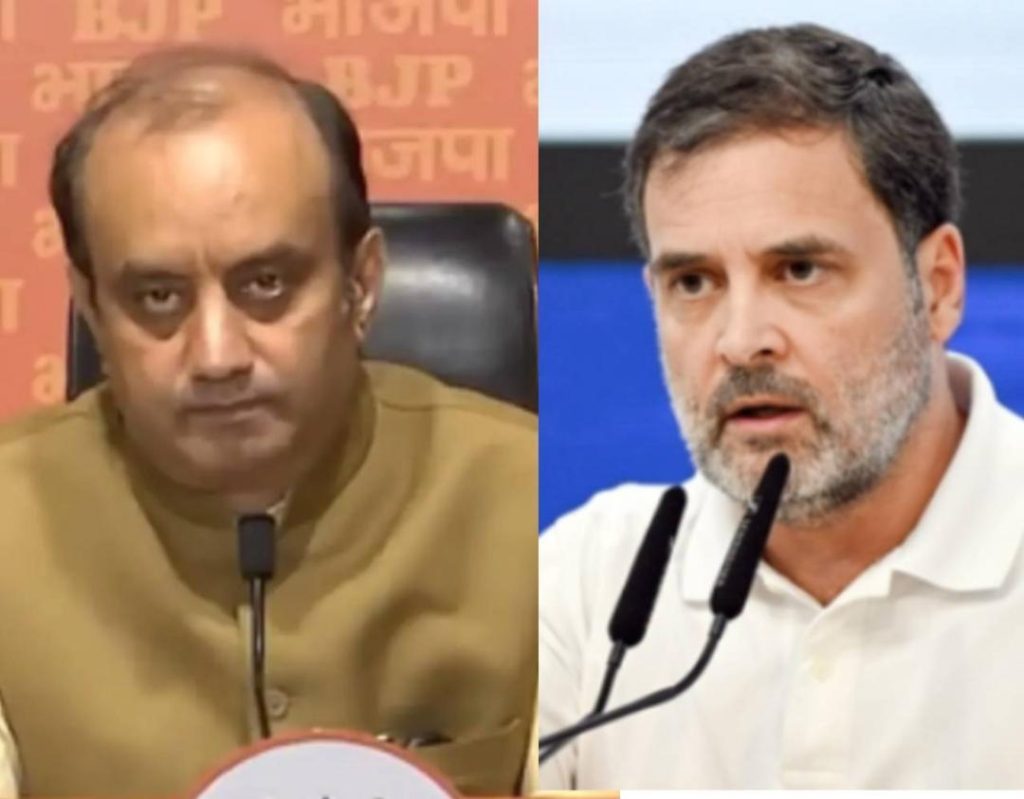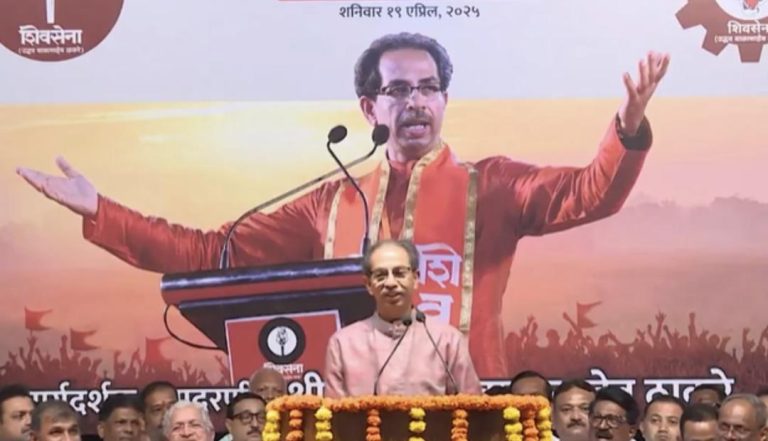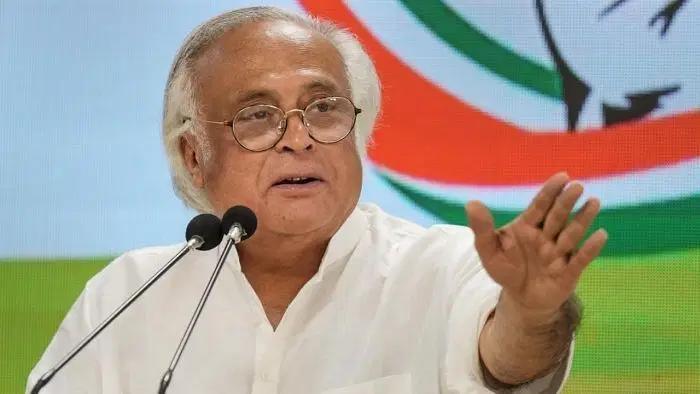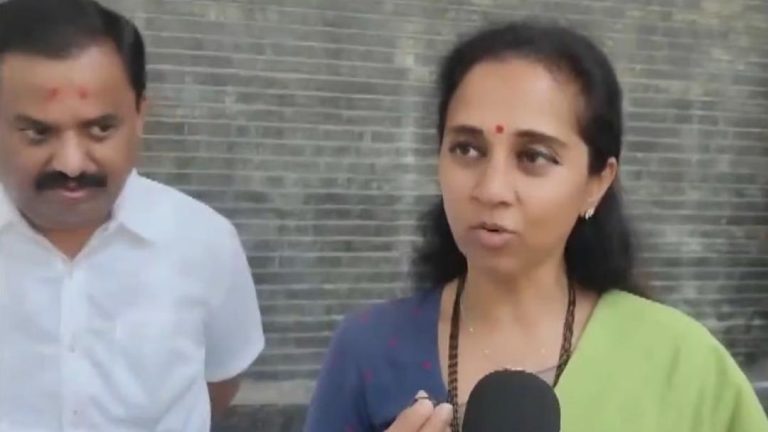
Do Self-Introspection: BJP on Rahul’s Remark about Congress in Guj
The political landscape in India is always abuzz with debates, discussions, and controversies. Recently, a heated exchange between Congress leader Rahul Gandhi and the Bharatiya Janata Party (BJP) has taken center stage. In a statement that has sparked a chain reaction, Rahul Gandhi accused a section of Congress leaders of working with the BJP in Gujarat. In response, BJP MP Sudhanshu Trivedi suggested that Rahul Gandhi should engage in self-introspection instead of blaming others.
The controversy began when Rahul Gandhi made the remark about Congress leaders working with the BJP in Gujarat. This statement has sparked a flurry of reactions from various quarters, with many questioning the authenticity of Rahul’s claims. BJP MP Sudhanshu Trivedi, in a statement, called out Rahul Gandhi for his remarks, saying that instead of blaming others, he should focus on self-introspection.
From Accusing Constitutional Institutions to Blaming Own People
Sudhanshu Trivedi’s statement is not without merit. Over the years, Rahul Gandhi has been known to make statements that have sparked controversy. From accusing constitutional institutions like the Supreme Court and the Election Commission of being biased against the Congress, to targeting the media for allegedly working against the party, Rahul Gandhi has been at the forefront of criticizing others. However, in this case, he has shifted his attention to his own party’s leaders, accusing them of colluding with the BJP.
It is worth noting that Rahul Gandhi’s accusations have been met with skepticism by many. Critics have pointed out that the Congress leader has failed to provide concrete evidence to support his claims. Without concrete evidence, the accusations amount to little more than hearsay and speculation.
BJP’s Counter-Attack
The BJP has seized upon Rahul Gandhi’s remarks, using them as an opportunity to launch a counter-attack. BJP MP Sudhanshu Trivedi, in his statement, called out Rahul Gandhi for his lack of accountability and his tendency to blame others for the party’s failures. The BJP has long been critical of Rahul Gandhi’s leadership, accusing him of being out of touch with reality and lacking the vision to lead the country.
The BJP’s criticism of Rahul Gandhi is not without substance. The Congress leader’s leadership has been marred by a series of controversies, from the National Herald scam to the allegations of corruption against his party’s leaders. Moreover, the party has struggled to maintain a strong foothold in the Indian political landscape, with many of its leaders facing corruption charges and scandals.
Conclusion
The controversy surrounding Rahul Gandhi’s remarks about Congress leaders working with the BJP in Gujarat highlights the need for self-introspection within the party. Instead of blaming others, Rahul Gandhi and the Congress leadership should focus on addressing the party’s internal issues and weaknesses. The BJP’s criticism of Rahul Gandhi is not without merit, and the party’s leaders would do well to focus on their own internal issues rather than engaging in petty politics.
As the Indian political landscape continues to evolve, it is essential for political leaders to engage in constructive dialogue and criticism. Rather than resorting to personal attacks and blame-shifting, leaders should focus on addressing the issues that affect the country and its people. Only through constructive dialogue and self-reflection can we hope to build a stronger and more stable political landscape.






